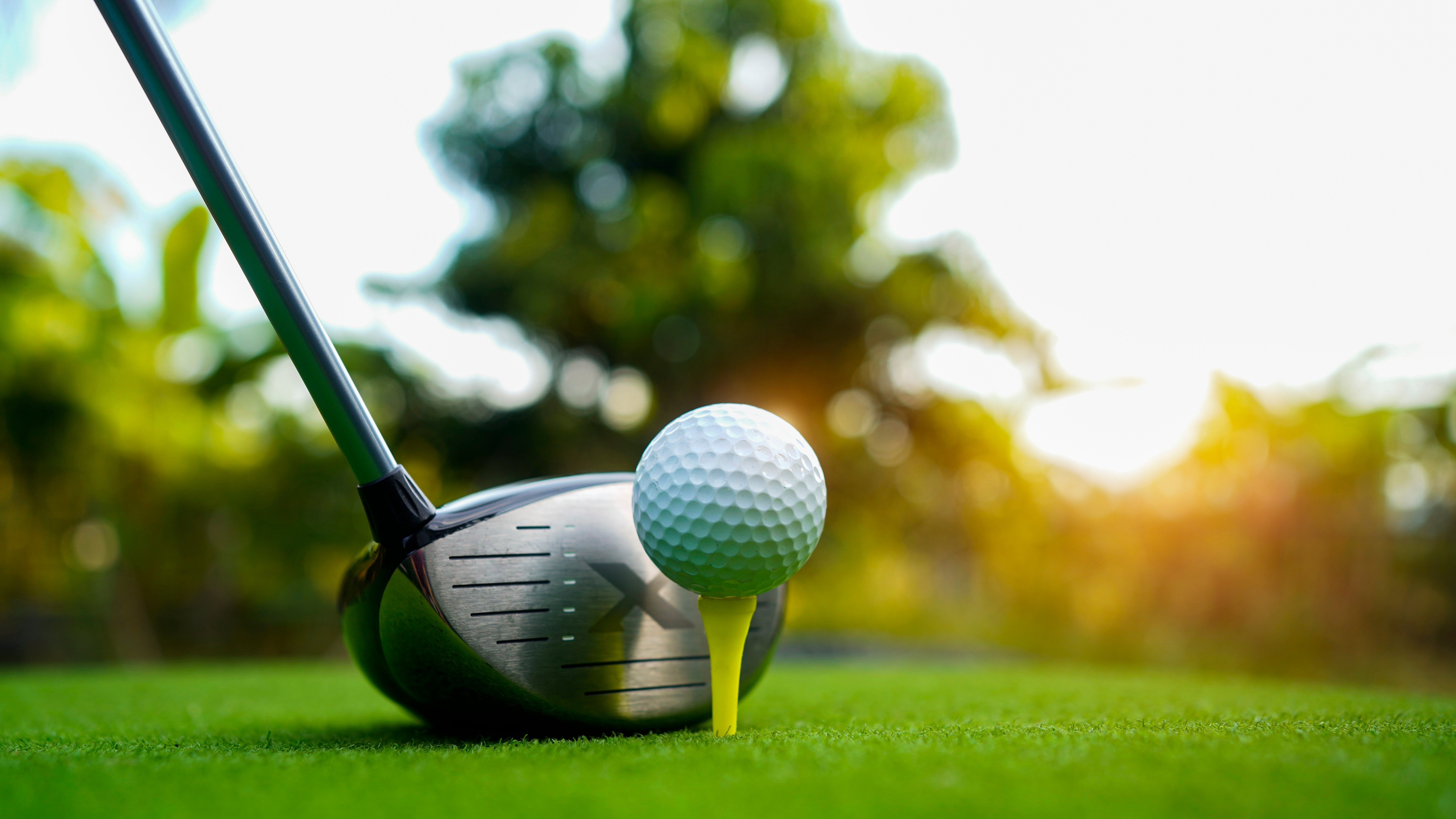Softball Star Brylie St. Clair in Two-Piece Workout Gear is “Disconnected”

Brylie St. Claire/Instagram
Brylie St. Clair is taking a walk on the beach – in her two-piece workout gear. In a new social media post the professional softball player shows off her fit physique in an exercise set while enjoying an afternoon on the shoreline. “Disconnected,” she captioned the series of Instagram snaps. “Perf,” commented one of her followers. “Wow u look gorgeous,” added another. How does she approach diet, fitness, and self-care? Here is everything you need to know about her lifestyle habits.
Horseback Riding
Brylie rides horses. “Everyone meet boots,” she captioned a recent snap. The American Heart Association maintains that riding horses boosts cardiovascular health, builds core strength, burns calories, and lowers blood pressure. It is also great for your mental health as it helps relax you.
Jet Skiing
Brylie is a big fan of wakeboarding and jet skiing. According to Health Fitness Revolution, the average 150-pound rider will burn a surprising 238 calories during a half-hour ride. The sport is also great for cardiovascular endurance.
Coffee
In her recent post, Brylie holds onto a cup of iced coffee. According to the Cleveland Clinic, there are several benefits of drinking coffee in moderation. “It acts on your brain to improve memory, mood, reaction times, and mental function,” they say, citing a study finding that caffeine can improve endurance and performance during exercise. It is also antioxidant-rich, can ward off diabetes, prevent neurologic disease, lower cancer risk, and ward off depression, they point out.
Golfing

Shutterstock
Brylie is a golfer. A comprehensive review published in the British Journal of Sports Medicine found that golf’s health benefits are extensive, including mind, body, and even lifespan. Benefits include improved longevity, decreased risk of developing heart disease or suffering a stroke, good mental health, and improved strength and balance.
Walking
In her recent post, Brylie takes a walk on the beach. Why should you walk? One study published in JAMA Internal Medicine found that walking at a brisk pace for about 30 minutes a day led to a reduced risk of heart disease, cancer, dementia and death, compared with walking a similar number of steps but at a slower pace.




